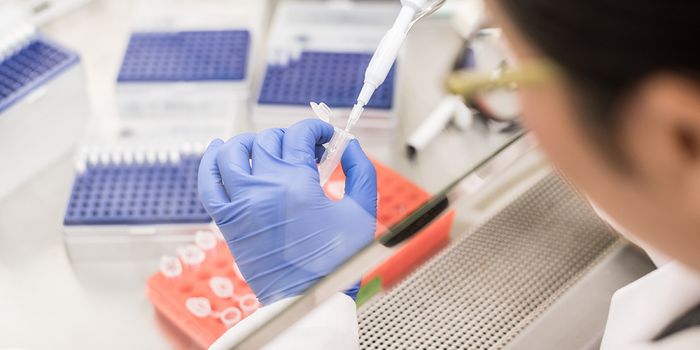New Drug Candidate Treats Over 300 Drug Resistant Bacteria
Researchers have developed a new drug candidate that shows promise in inhibiting over 300 drug-resistant bacteria, including those that cause pneumonia and urinary tract infections. The corresponding study was published in ACS Publications.
Gram-negative bacteria are a class of microbes that affect millions of people worldwide. They are characterized by strong cell walls that make them increasingly resistant to available antibiotics, and thus notoriously difficult to treat. Effective treatment options often have negative side effects on other forms of bacteria- including those that are so-called 'healthy'. This in mind, scientists are keen to design drugs that infiltrate the defenses of gram-negative bacteria while leaving other microbes intact.
For the present study, researchers noted that a promising target for gram-negative bacterial defenses is the enzyme FabI, which is known to catalyze bacterial fatty acid biosynthesis. Currently, FAb1 inhibitors are in clinical trials for treating infections involving Staphylococcus aureus- a gram-positive bacteria. The researchers thus decided to investigate whether drugs targeting FabI could also be effective for gram-negative bacteria.
To do so, they synthesized a suite of Fab1 inhibitors and tested them against various gram-negative bacteria. They found that one such inhibitor, called fabimycin, was effective against over 300 drug-resistant clinical isolates. The same drug remained harmless against certain gram-positive pathogens and ‘healthy’ bacteria common in the body.
They also found that fabimycin reduced amounts of drug-resistant bacteria in mice with pneumonia and urinary tract infections to pre-infection levels or lower. The experimental drug, they noted, performed similarly, if not better, than existing antibiotics at similar doses.
“Fabimycin has translational promise, and its discovery provides additional evidence that antibiotics can be systematically modified to accumulate in Gram-negative bacteria and kill these problematic pathogens,” wrote the researchers in their paper.
Sources: Science Daily, ACS Publications









